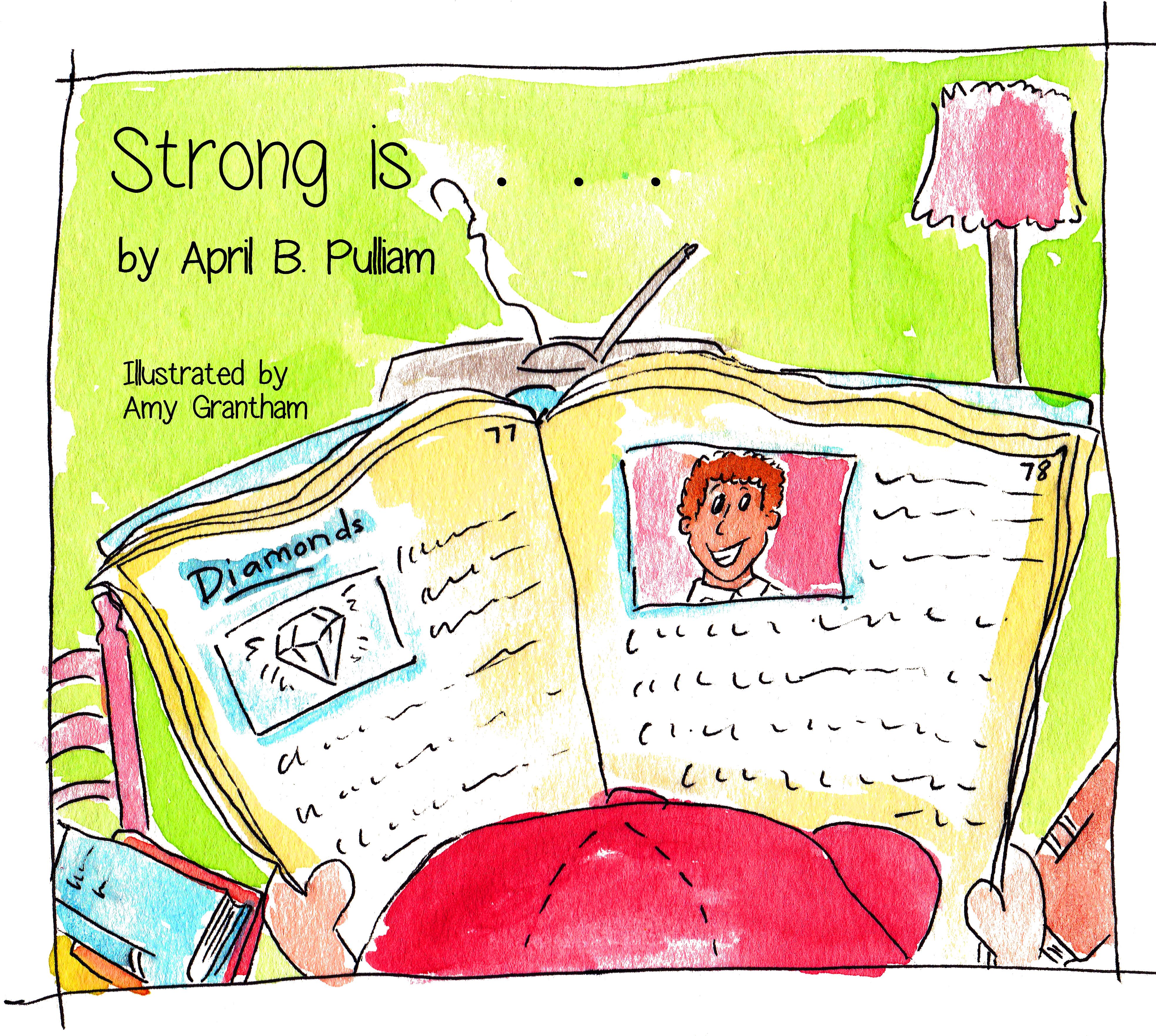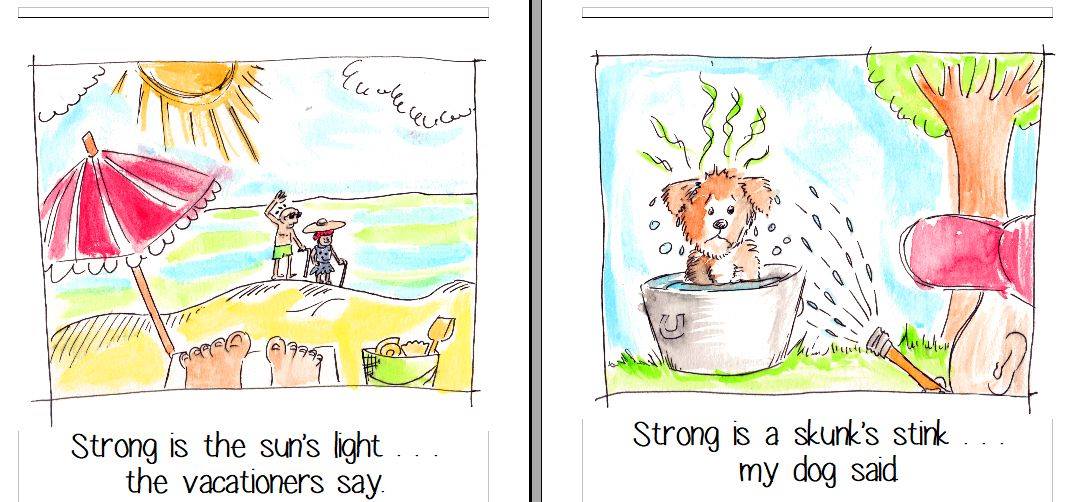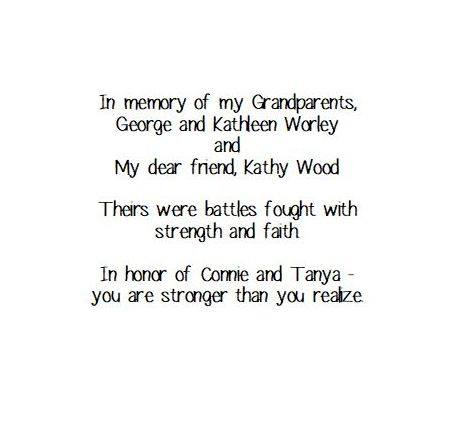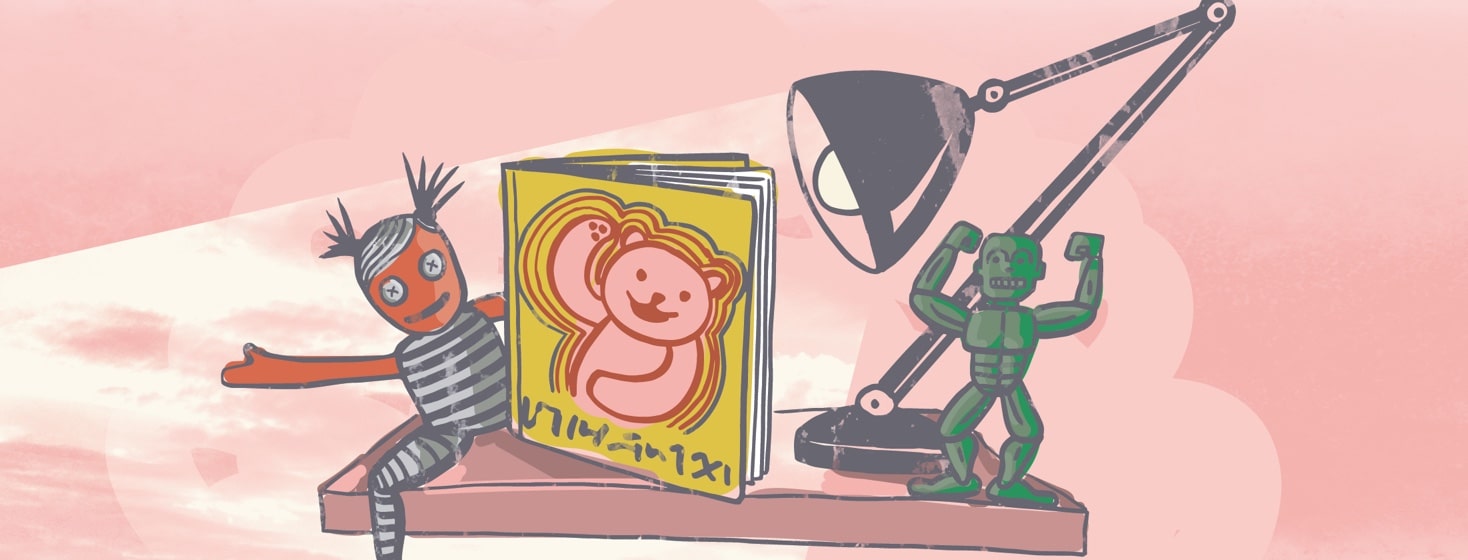Cancer and Children: Finding the Words
Childhood is a time of questioning, discovery, and learning. The years from birth to young adulthood are filled with limitless curiosities, and each and every day brings a new situation for which little ones fully expect speedy and accurate answers. Not all of these questions will have easy answers, however. In fact, there are some experiences adults find virtually impossible to explain to one another much less effectively decipher for children.
Talking to children about cancer
Cancer is one of those experiences. We might be able to explain possible causes. We may also be capable of describing the side effects of treatments, but most of us feel completely lost as to how we can best help children understand how to cope with the impact of cancer, especially when it hits close to home. When my dear friend, Kathy, began her fight with breast cancer, I struggled for the right words when talking to her, and I wondered if she could find them when talking to her young daughter.
When our own words let us down, sometimes books deliver the needed message in just the right way. As a teacher, I have spent over 20 years using books to teach my students about the differences in character, overcoming obstacles, and the importance of a sympathetic ear and an empathetic heart. Characters and storylines succeed where we sometimes fail.
Ideas began swirling
One thing that continued to cross my mind as Kathy battled was the impressive strength she showed throughout her ordeal. Appointment after appointment and one doctor after another, she kept a smile on her face and a praise in her heart. I don’t know that many who knew Kathy looked at her without seeing “strong” in her smile and hearing “strong” in her voice as she spoke of her daughter and her husband. Every line of every song she sang was punctuated with “strong.” Strength emanated from my friend.
I began to write
I wanted Kathy to know what we saw when looked at her, and I wanted her daughter to know how much her mother meant to everyone she met. “Strong” is one of those words that is difficult to pigeonhole. You can’t file it neatly like you can most adjectives. Kathy was strong, and we all knew it. Fighting cancer takes strength like no other battle. But how do you explain that to a child? How do you tell them about strength when cancer seems like a gaudy neon sign flashing “weakness?” The debilitating treatments, the emotional strain, the mental exhaustion...where in the world is “strong” in that list? It’s in a story...a story where a child can make strength his or her own.
Defining the word strong
Just telling a child that his/her parent is “strong” won’t suffice when cancer is part of the equation. By the same token, children suffering the effects of chemotherapy and radiation themselves are strong in their own right--and they need desperately to be told so in terms they can grasp. Finding simple words and using engaging illustrations are key elements when explaining difficult concepts. Books that hit both marks can be incredibly effective tools of repeated reinforcement. When comfort is most needed and our words don’t seem sufficient, a book can say it all-again and again.



In 2012, before I could finish my book and give it to her, Kathy made her way home. The picture book I completed is dedicated to her, my grandparents, and two friends currently fighting cancer battles of their own. A little over six years later, my book is done. It’s my sincere hope it conveys Kathy’s strength and makes every young reader aware of the incredible strength they have inside their own hearts. When the words won’t come, the pages of a book are always there.

Join the conversation